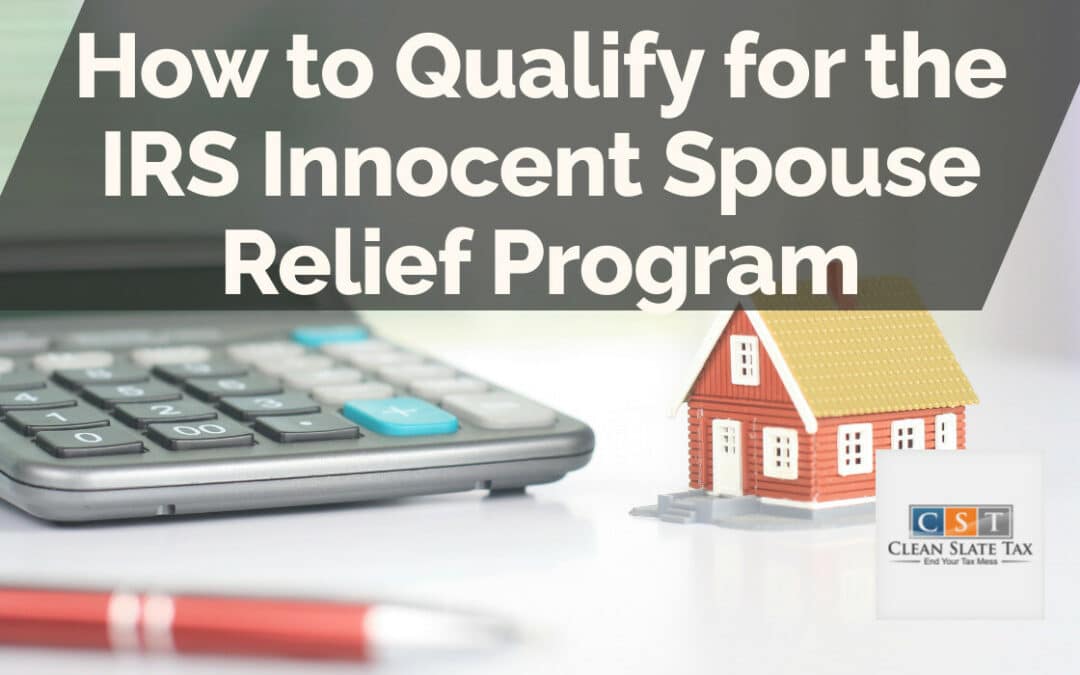If you’ve ever faced a situation where your spouse or former spouse failed to properly report income or claimed inappropriate deductions or credits, you might be eligible for IRS Innocent Spouse Relief. This program is designed to help innocent spouses who are unfair victims of a partner’s actions while filing for joint taxes. This article will guide you through the process of qualifying for this relief.
Understanding the Innocent Spouse Relief Program
The IRS Innocent Spouse Relief Program is designed to provide financial protection to one spouse when the other is responsible for tax underpayment. This typically occurs due to incorrect or fraudulent information on a jointly filed tax return. However, getting to qualify is not a cakewalk. Here’s an explanation of what it entails:
1. Criteria to Qualify
To be considered for the IRS Innocent Spouse Relief Program, you must fulfill the following requirements:
- Have filed a joint return that has an understatement of tax
- The understatement of tax is due to erroneous items of your spouse
- In the context of all facts and circumstances, it would be unfair to hold you liable for the understatement of tax
2. Types of Relief
There are three types of relief that fall under this program:
- Innocent Spouse Relief
- Separation of Liability Relief
- Equitable Relief
3. Filing for Relief
To request this relief, you must file form 8857, “Request for Innocent Spouse Relief,” as soon as you become aware of a liability that you believe only your spouse or former spouse should be held responsible for.
Frequently Asked Questions
When Should I Apply for Innocent Spouse Relief?
You should apply as soon as you become aware of a tax liability for which you believe only your spouse or former spouse should be held liable. The IRS recommends applying within two years from the initial date the IRS attempted to collect the tax from you.
What If I Am Denied Innocent Spouse Relief?
You can appeal the IRS’s decision to deny your request for Innocent Spouse Relief. An appeal request should be made promptly, and it’s advisable to consult with a tax professional during this process.
Understanding the IRS Innocent Spouse Relief program is crucial to protect your financial interests if you find yourself in a situation where your spouse or former spouse has incorrectly reported your joint income. Although the process may seem complicated, with the right knowledge, you can navigate it with ease.





